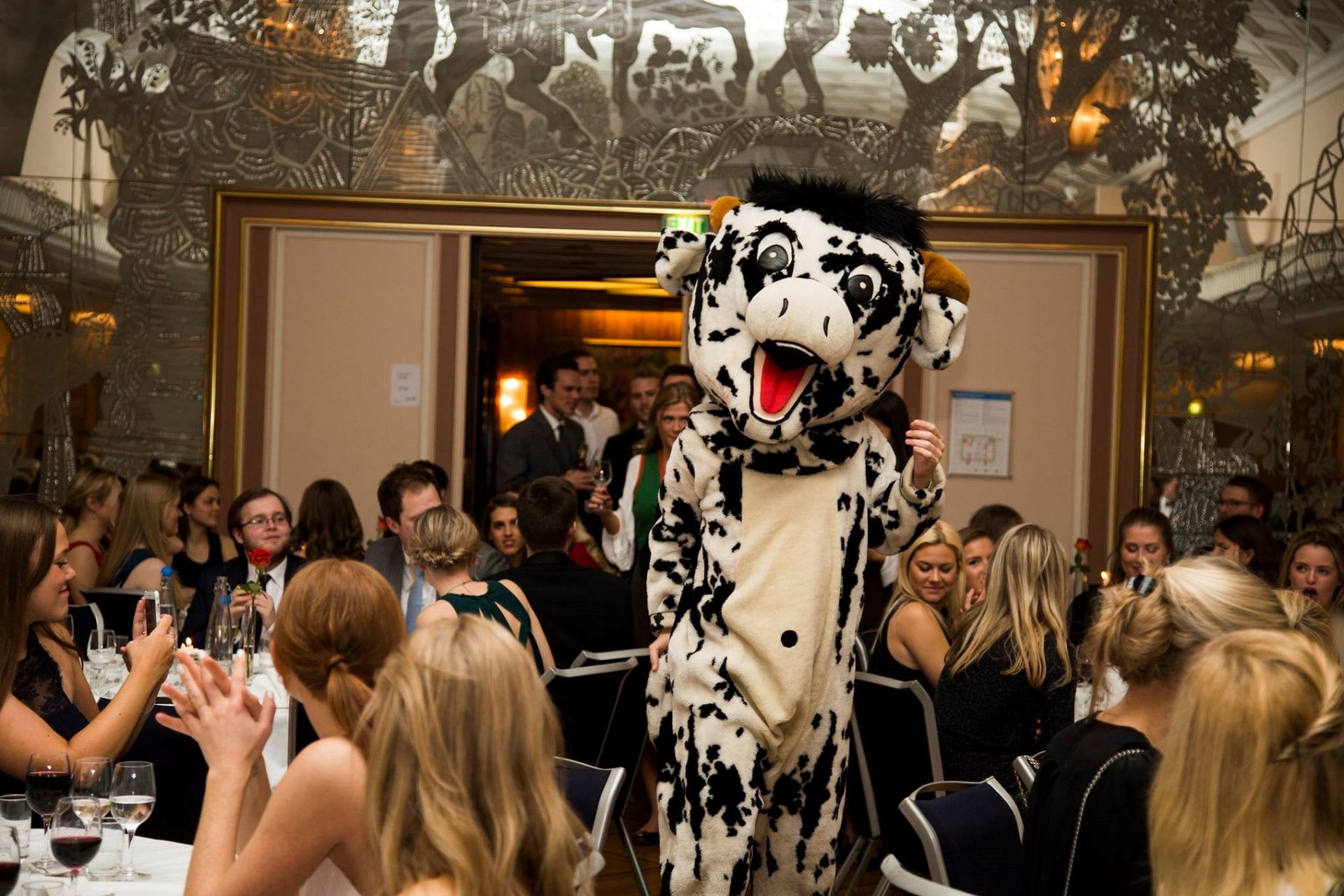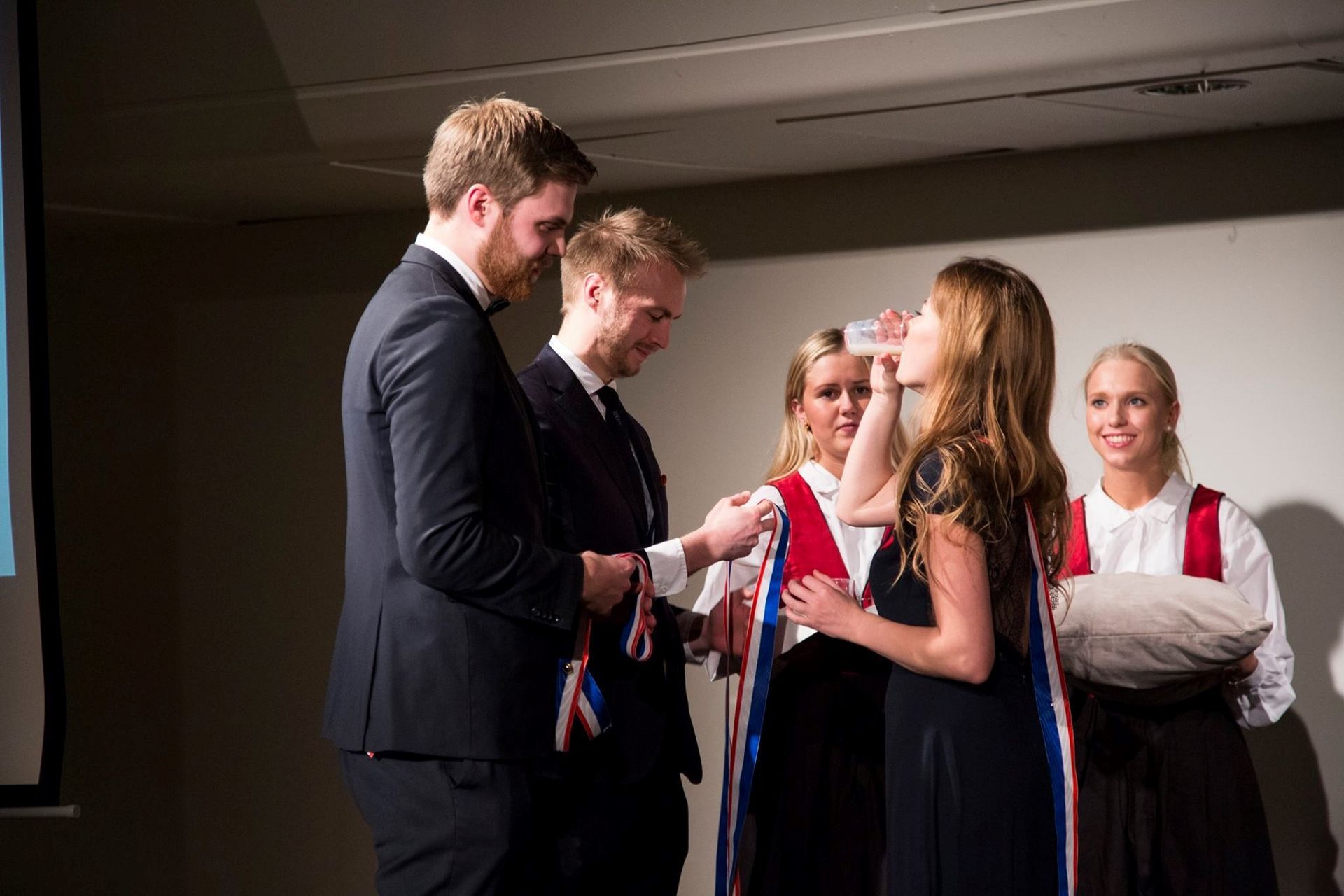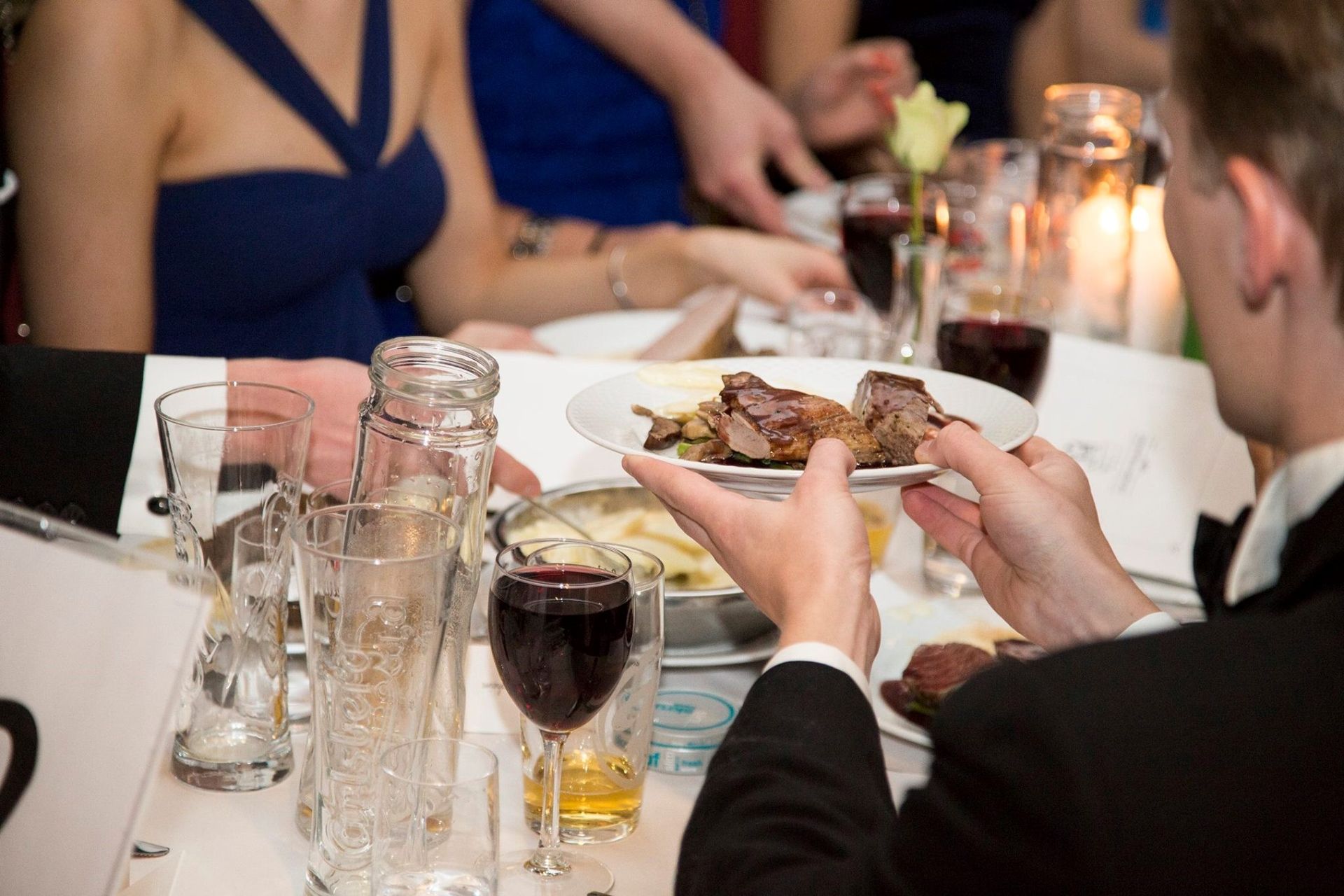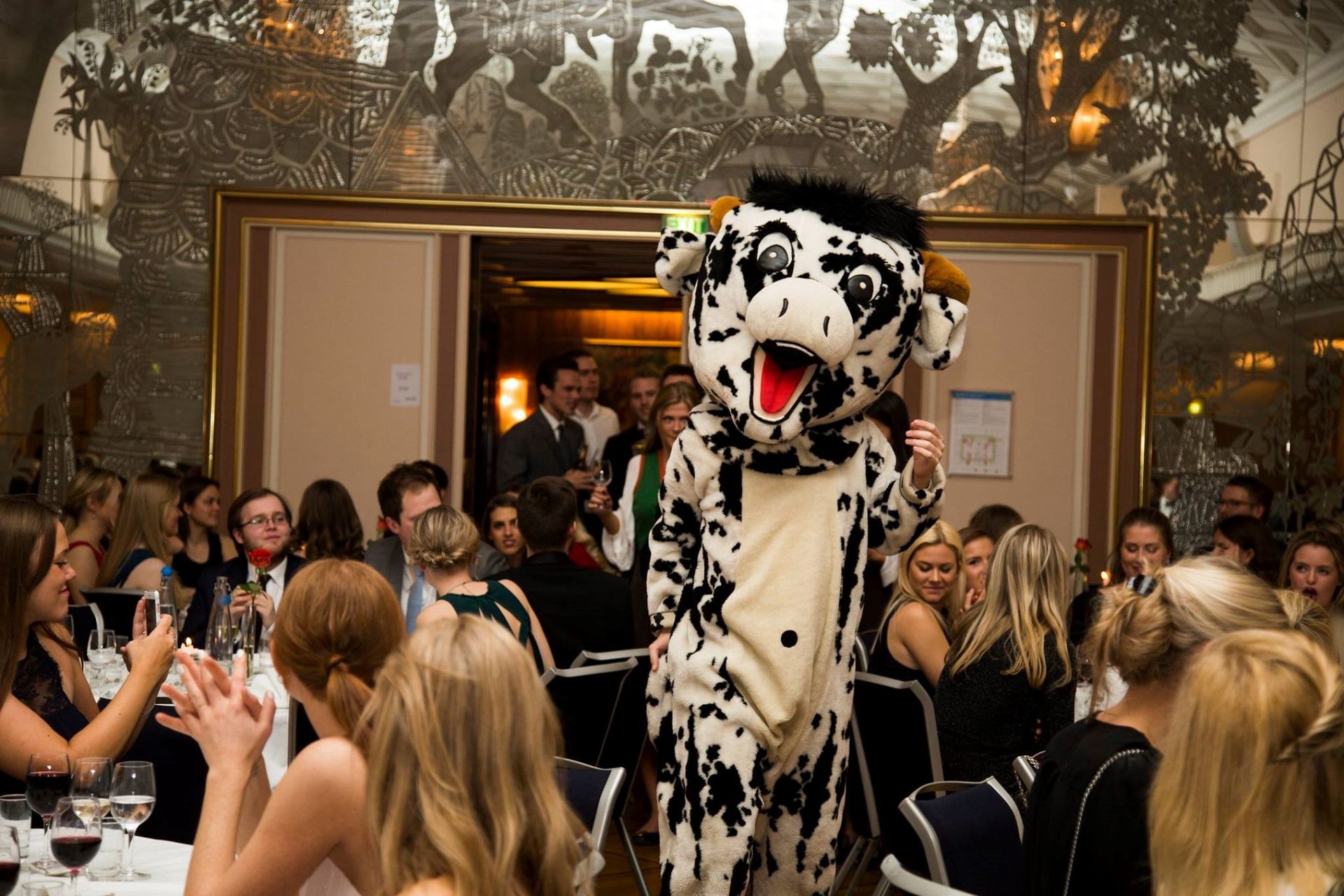Av Hannah M. Behncke, Eylül Sahin and Sabrina Eriksen Zapata – ELSA Bergen, Human Rights, Researchgruppen
•
24. april 2025
Oppression isn’t always loud - it can be the quiet erasure of culture and language, stripping minorities of their freedom to express who they are. Language and culture are two of the most important means to keep one's identity alive. Unfortunately, many minorities face extreme repression regarding their background. The Kurdish ability to perform their culture in Turkey has been a long struggle. This is still the case today, where the Kurdish minority face backlash for speaking their language. This article will look into the Kurdish fight to protect their identity in Turkey. To gain a deeper understanding of the diverse perspectives on this issue, we interviewed a Kurdish and a Turkish citizen of Turkey about their views on the Turkish state's treatment of Kurds. Legal basis Although several international legal frameworks exist to protect minority cultures and languages, Turkey has not incorporated them into its legal system. Article 27 of the International Covenant of Civil and Political Rights explicitly states that “minorities shall not be denied the right […] to enjoy their culture, [...] or to use their own language.” However, despite ratifying the ICCPR, Turkey made a reservation excluding Article 27. Similarly, the European Charter for Regional or Minority Languages requires minority languages to be accessible in education, judicial court proceedings, and in the media. However, Turkey has not ratified this charter. Domestically, the Turkish constitution does not recognize Kurds as a minority. In fact, article 42 explicitly prohibits the “teaching of any language other than Turkish as a mother tongue to Turkish citizens”.1 As a result, the Kurdish language lacks legal protection, unlike Ladino, Greek, and Armenian, which are safeguarded under the Treaty of Lausanne (1923).2 Historical overview After the Ottoman Empire's collapse, the 1920 Treaty of Sèvres promised Kurdish autonomy, but the 1923 Treaty of Lausanne nullified it, dividing Kurdistan among Turkey, Iran, Iraq, and Syria without self-rule.3 Under Atatürk, Turkey enforced homogenization, banning Kurdish in public, closing Kurdish schools, renaming villages (1924) and forcibly relocating Kurds—even though most Kurds did not speak Turkish.4 The state criminalized Kurdish, promoted Citizen, Speak Turkish! and justified relocations as a tool to suppress identity.5 The Sheikh Sa’id Rebellion (1925), led by Kurdish nationalists and Islamists, was brutally crushed, triggering long-term conflict. Martial law and mass deportations lasted until 1939, while uprisings in Ararat (1930) and Dersim (1937–38) faced massacres, bombings, and poison gas, drawing parallels to the Armenian Genocide.6 Allegations of British support for Kurdish rebels persist, but remain debated.7 Kurdish political movements resurfaced in the 1960s and 1970s, with the Kurdish Democratic Party of Turkey (1965) and the Marxist-Leninist PKK (1978) engaging in armed resistance. Turkey designated the PKK a terrorist group in 1997, followed by the US and EU.8 Forced displacement continued, with over a million Kurds migrating between 1950 and 1980 due to state violence and poverty.9 The 1980 military coup further suppressed Kurdish politics, banning education (1982) and publications (Law No. 2932, 1983).10 Despite lifting the language ban in 1991, Kurdish broadcasting remained illegal until 2002. From 1984 to 1999, Turkey destroyed 4,000 Kurdish villages, displaced three million people, and killed tens of thousands in its campaign against Kurdish insurgency.11 The 1991 language bill allowed limited private Kurdish use, but public use remained restricted. Some progress followed in the 21st century, including Kurdish-language broadcasts (2004), a state-run TV channel (2009), and Kurdish as an optional school subject (2012), though full linguistic and cultural rights remain elusive. Oral storytelling (Dengbêj) persisted despite restrictions. Between 2013 and 2015, Turkey’s peace talks with the PKK, involving Abdullah Öcalan, PKK commanders, and pro-Kurdish HDP intermediaries, collapsed—renewing conflict in southeastern Turkey.12 Arbitrary arrests, imprisonment, torture, and land dispossession persist, as security forces often fail to distinguish civilians from PKK members.13 How is the situation today? An estimated 12–20 million Kurds live in Turkey, making up approximately 14–23% of the country's population. The wide range in estimates is due to the absence of ethnicity-related data in official statistics and the social and political stigma that may lead some to conceal their identity.14 As Kurds originate from various countries, most today identify with the state in which they reside. Surveys suggest that many Kurds feel a strong sense of discrimination. Only 28% believe they are treated equally to ethnic Turks, while 58% report experiencing discrimination. Some have even been denied medical services and housing due to their ethnicity.15 To better understand these challenges, we spoke with a Kurdish individual from Elbistan, Turkey, who spent most of his life there before relocating. When asked if he had ever felt pressure speaking Kurdish in public, he recalled visits to public institutions where his family, unable to speak Turkish, had to use Kurdish, but were not allowed to. “It always made us feel fear and anxiety”, he said. He also described restrictions on Kurdish culture: “Whenever we listened to Kurdish music or played traditional games outside, we knew we were being watched. Some of my friends were even detained just for playing games with Kurdish music. It felt like our culture was a crime.” In contrast, a Turkish conservative nationalist offered a different perspective. While personally holding nationalist views, he answered the questions in general terms, arguing that Kurds are integrated into society and do not face systemic barriers. When asked if there was tension between Turks and Kurds in daily life, he dismissed the idea: “Generalizing Turkey’s sociology is difficult, but I don’t see any real barrier. I have Kurdish friends and colleagues, and background doesn’t matter to us. In cities like Istanbul, people aren’t judged based on race, religion, language, or culture.” Even though he acknowledged past discrimination, he viewed it as a historical issue rather than an ongoing one. While the two perspectives differ, they reflect broader discussions on the extent of cultural and linguistic inclusion in Turkey. Surveys suggest that many Kurds report experiencing discrimination, while some view Kurdish cultural expression as unrestricted. The extent to which Kurdish identity is freely expressed - or whether challenges remain - continues to be a subject of debate. The survival of Kurdish culture in Turkey In a survey conducted regarding Kurdish identity, only 30% of Kurds reported their Kurdish language skills to be “good”, and of this 30%, only 44% of them reported that their children had the same strong language skills.16 This suggests that it is harder for each passing generation to maintain and teach the Kurdish language. So how has the oppression impacted Kurdish ability to maintain their language? According to the latter interviewee “Kurdish is spoken openly, cultural traditions are practiced, and there are Kurdish-language newspapers and TV channels”. Media As mentioned above, the Turkish government continuously violates the “freedom of expression”. In 2021, Turkey was the country with most cases regarding violation to “freedom of expression” before the European Court of Human Rights.17 Regarding Kurdish media, there has been a consistent crackdown on Kurdish media platforms. There has also been consistent imprisonment of journalists either writing in Kurdish or regarding Kurdish repression. For instance, Nedim Turfent was sentenced to 8 years imprisonment in 2017 for covering the clashes between the Turkish army and the PKK. In his sentence, he was charged with “membership of a terrorist organization”.18 Education The Educational accessibility to teaching Kurdish has improved in the years. Students in cities with a high population of Kurds, can choose Kurdish as a subject in primary- and secondary school. In addition, some state level universities offer Kurdish programs. However, these educational means have been greatly criticized by Kurdish activists, in regard to the government lowering the quality of education by not supplying enough teachers and appropriate materials needed for the classes.19 Final remarks Language is not just a means of communication; it embodies history, culture, and identity. The Kurdish struggle for linguistic freedom in Turkey is a fight for existence, where legal barriers and social stigmas persist despite claims of progress. While the government insists on inclusivity, Kurdish activists highlight ongoing repression, and for many, fear and anxiety remain. The future of Kurdish identity depends not just on legal reforms but on broader acceptance within Turkish society. Whether true equality is within reach - or remains a distant hope - ultimately depends on who you ask.





